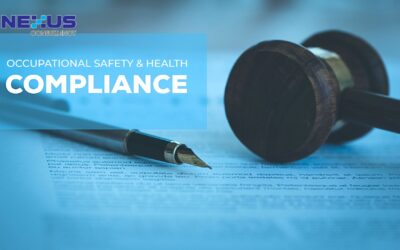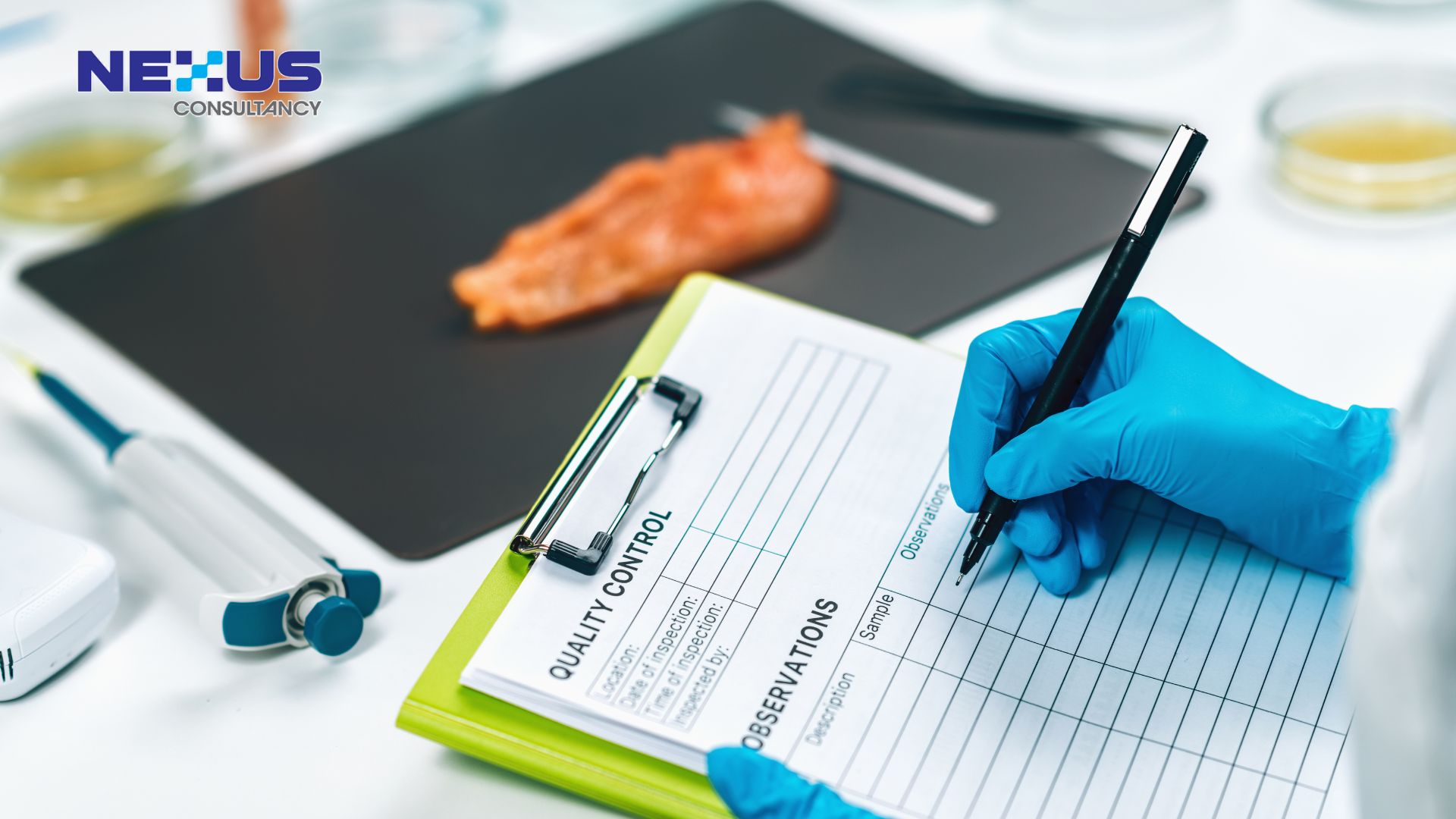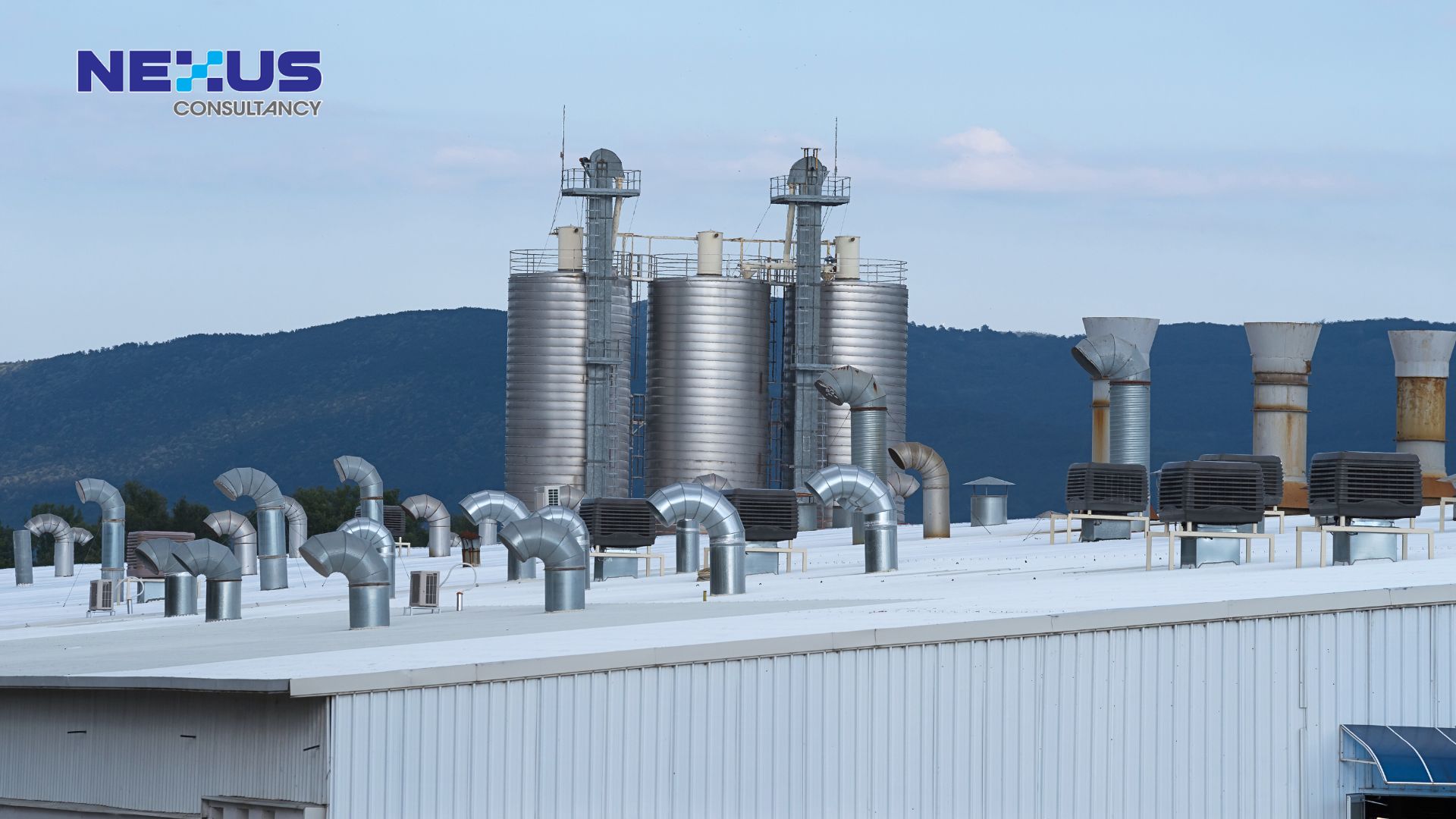
In China, the imported foods are divided into 4 risk levels, from low to high i.e. A, B, C, D. Different levels of supervision are adopted for foods with different risk levels.
The medium to high risk imported food categories include:

Meat products, aquatic products, dairy products, sausage casings, bird nest products, bee products, egg products, edible oils and fats, oilseeds, stuffed wheaten products, edible grains, milled grain industry products and malt, fresh and dehydrated vegetables and dried beans, condiments, nuts and seeds, dried fruits, unroasted coffee beans and cocoa beans, foods for special dietary purposes, and health foods, animal feed, etc.
In addition to the above-mentioned general food import procedures, the imported foods with higher risks also need to go through other government procedures like manufacturer registration/ certification, pre-market approval of the product, etc.
These food manufacturer registration/ certification and product pre-market approval processes would usually take a few months, or even years, So you would need to arrange in advance before shipping. Otherwise, without such approvals, even if the products have arrived at the China Customs, they will not be cleared, and the products may be detained in the port till the approvals are granted, or even be returned, causing you huge financial losses.
Otherwise, without such Chinese government departments’ approval, even if the goods have arrived at the China Customs, they will not be cleared normally, and the goods will be detained in the port till getting such approval, or even be returned, causing you huge losses.
According to different food categories, the government departments may include GACC, CIQ, CNCA, MOA, NMPA, SAMR, MOFCOM, CFDA, AQSIQ etc.
Wish to know more about exporting food to China? Join our upcoming webinar with CAIQTest Malaysia ” ( 小蓝帽)” webinar! In this webinar, we will share with you the beauty and health food development and its’ market application in China, and how to get your Blue Cap! Click the button and register now!
: ( 小蓝帽)
: / /
: : – :
:
:
More Article
What Is Food Safety Culture and Why It Matters More Than Ever
Chief Operating OfficerLearn why food safety culture is a must-have for compliance, brand trust, and growth—backed by ISO consultants in Malaysia.In today’s competitive and tightly regulated food manufacturing landscape, compliance alone is no longer enough. To...
Why Proactive OSH Legal Compliance Is Good for Business Reputation
Chief Operating OfficerWorried about Malaysia’s OSH Act penalties or workplace audit readiness? Discover how proactive OSH compliance builds trust, reduces fines, and supports ESG goals.In today’s competitive market, companies are judged not just by their products or...
Positioning Your Brand for the Future with Strategic ESG Reporting in Malaysia
Chief Operating OfficerLooking to strengthen trust, investor appeal, and brand leadership in sustainability? Learn how ESG reporting in Malaysia is powering business growth. Start your ESG reporting journey with expert support!In a world where trust and transparency...
Why FSSC 22000 Certification Is Critical for Protecting Your Food Business and Brand in Malaysia
Chief Operating OfficerSecure your food business with FSSC 22000 certification! Enhance safety and compliance. Get expert help—Contact us today! In today's competitive food industry, maintaining food safety and consumer trust is essential. Food manufacturers,...










